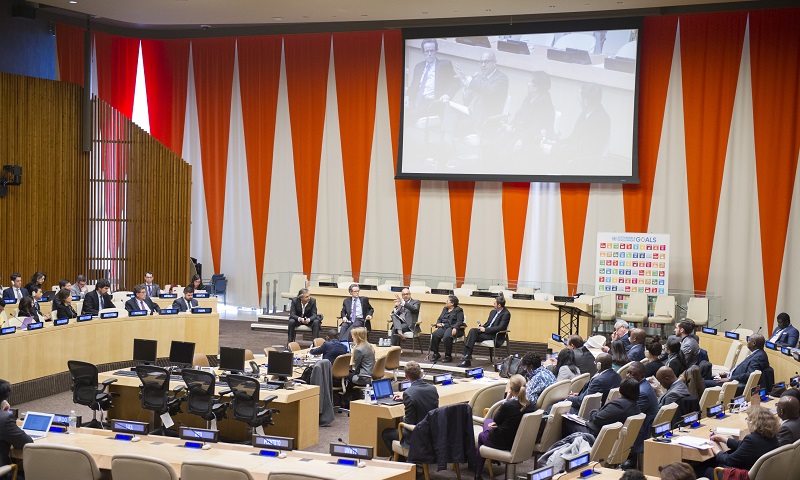
The 2016 ECOSOC operational activities for development segment took place on 22-24 February to examine longer-term positioning of the UN development in the context of the 2030 Agenda for Sustainable Development.
During the event, delegates stressed the need for the United Nations to reform its development system by tailoring interventions to specific country needs and priorities, repositioning at country, regional and global level to deliver on the transformative and universal nature of the new development agenda, and moving towards an integrated, system-wide approach that mirrors the integrated nature of the 2030 Agenda.
Wu Hongbo, UN DESA’s Under-Secretary-General, said that Member States in 2015 had adopted three landmark agreements, including the 2030 Agenda, the Addis Ababa Action Agenda and the Paris Agreement. The adoption of those agreements represented a seminal moment for the United Nations, which would significantly impact the work of the Organization in the post-2015 era.
Mogens Lykketoft, President of the General Assembly, said Governments must develop national action plans and take concrete actions to deliver. Creating partnerships with the private sector, academia and civil society would be crucial for success. In this regards, the United Nations should support States with their national implementation, through effective, efficient and coherent use of resources.
To learn more about this event, please click here.
Source & Copyright: UNDESA
 Welcome to the United Nations
Welcome to the United Nations